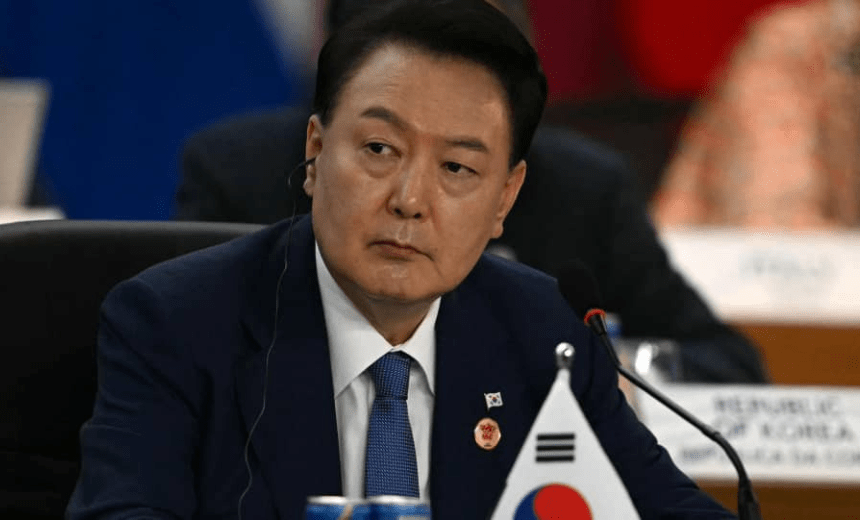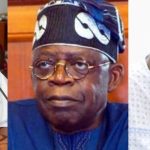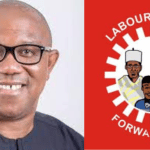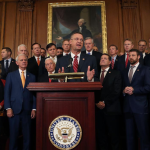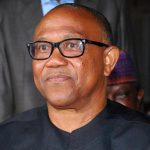A South Korean court has reissued an arrest warrant for impeached President Yoon Suk-Yeol in a second bid to detain him amid ongoing investigations into his short-lived declaration of martial law on December 3.
According to officials of the Corruption Investigation Office (CIO) for High-Ranking Officials, the Seoul Western District Court granted the second warrant a day after the initial warrant expired on Monday without execution.
However, A representative of Yoon’s legal team, Yun Gap-Keon, said on Wednesday they would not comply with the reissued warrant, describing it as invalid, noting that jurisdiction over charges against Yoon lies with the Seoul Central District Court.
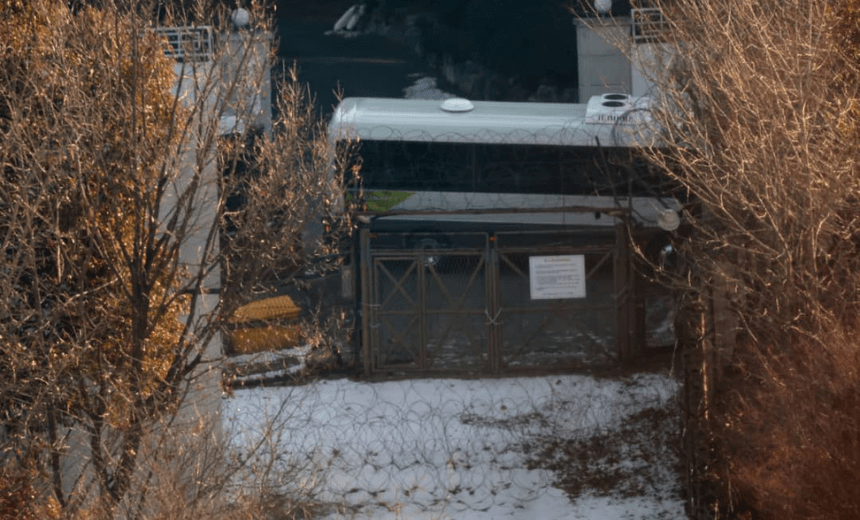
“What’s clear is that if the Corruption Investigation Office for High-ranking Officials files (the warrant) to the Seoul Western District Court, which is outside the jurisdiction, we cannot accept it,” Yun Gap-Keon.
The legal team further said that Yoon is open to responding to court proceedings when the controversy over the removal of insurrection charges is resolved rather than an arrest warrant for temporary detention that could cause further public disruptions.
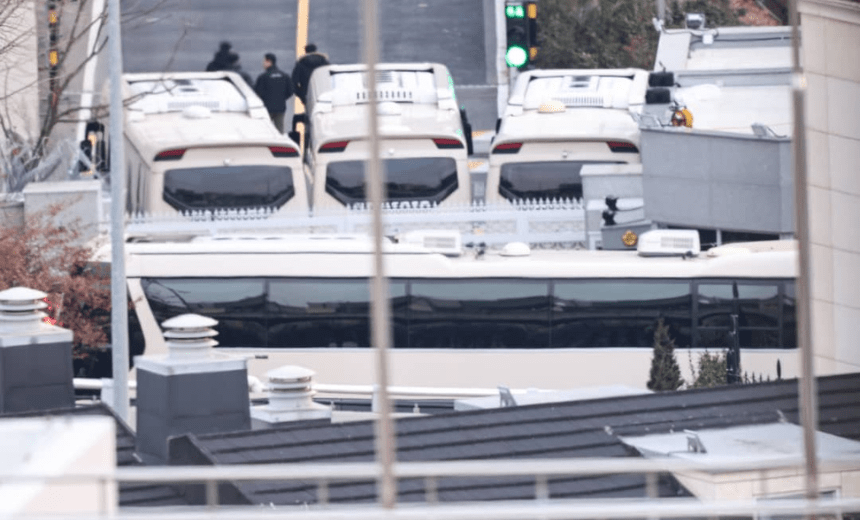
With the new warrant issued, the CIO is expected to resume efforts to detain Yoon in close collaboration with the police after a 6-hour standoff between investigators and the Presidential Security Service (PSS) foiled an attempted arrest last week Friday.
Despite investigators renewed resolve, physically executing the plan would be challenging as the presidential residence has been effectively turned into a fortress, with the PSS erecting barricades consisting of more than half a dozen buses, including guard chains and barbed wires.
PSS chief Park Jong-Joon, who defied police summons for questioning over obstructing Friday’s arrest attempt, says he is prioritising the absolute safety of the president and that he will not abandon his duty amid the legal controversies and irregularities surrounding the arrest warrant.
Although the exact duration of the new warrant’s extension remains unknown, it is believed to exceed the customary seven-day period.
However, CIO investigators have decided to keep the deadline confidential to enhance their chances of execution.
(Editor: Anoyoyo Ogiagboviogie)



